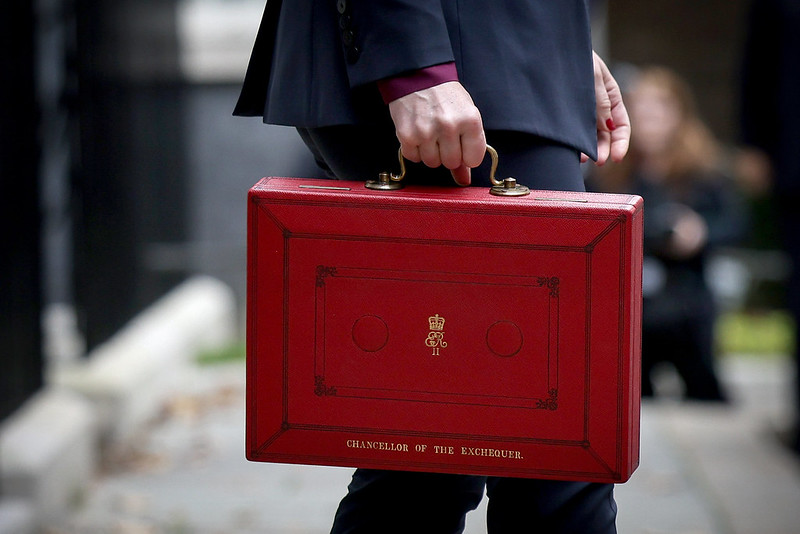Homebuyers paid out £1.4bn in stamp duty in the month running up to the Autumn Budget, taking the total bill since the start of this year to £10.2bn.
The analysis of official data by Coventry Building Society strips out the amount of tax paid by investors selling shares to see how much of the total stamp duty revenue was paid by property buyers.
It comes after the chancellor Rachel Reeves hiked the stamp duty surcharge for those buying second homes in her Autumn Budget last month, although this increase has yet to be reflected in the data which covers the month up to October 31 when the change came into force.
Reeves also dashed hopes of an extension to the current, more generous thresholds for first-time buyers and home movers, which are set to expire in April.
According to Coventry’s calculations, a buyer purchasing an average-priced home in England will see stamp duty jump from £2,939 to £5,439 in April.
Homebuyers currently pay the tax if their home costs most than £250,000.
But after March 31 this will drop back to its previous threshold of £125,000.
First-time buyers currently pay the tax if their home costs more than £425,000, but this will drop down to £300,000 in April.
The average first-time buyer home in London costs £455,923, meaning tax bill will jump from £1,546 to £7,796.
Following the increase to the stamp duty surcharge on additional properties, someone buying an average-priced property in England as a second home or investment property would now pay an extra £6,192.
The Office for Budget Responsibility estimates that homebuyers are set to pay 110% more in stamp duty by 2030, with receipts jumping to £18.1bn.
Coventry head of intermediary relationships Jonathan Stinton says: “Anyone looking to buy a home in the next few months needs to know this cliff edge is coming.
“Even if someone agrees to buy a property today it might not complete before March 31, so buyers may need to budget for the hike.
“Sellers need to have it in their minds too, because if their buyer hasn’t planned for the increase they could either have to pull out of the sale or attempt to renegotiate the price.
“It could be really disruptive if people aren’t prepared for it, especially if there are chains involved.
“We’ve known this cliff edge has been coming for a long time, but I think we all secretly hoped some positive stamp duty changes would have been introduced in the meantime.”


